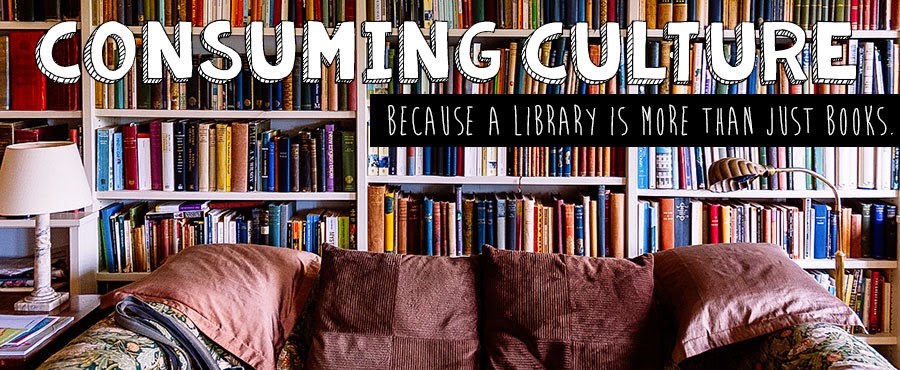"From the perspective of an adult, everything's a blip that'll be forgotten tomorrow. But to a kid, everything is so big, and we wanted to fill these stories with big energy."
It is no secret that I am more nostalgic than most; I relish in reminiscences on youth. I'm sure there's some psychological evidence that credits the way our adolescent brains develop, but I've always had this strong belief that the details of our lives during those times stick around in memory longer—deeper—than most.
For a kid growing up in the 1990s—a particular group on the cusp of both Generations X and Y, belonging fully to neither—there is nothing that defines our childhood quite like America Online and Nickelodeon. We were enticed by the possibility of immediate world wide connectivity AND the chance to scale the Aggro Crag in all its multi-colored, glitter-spewing glory. Maybe it's a moment in history no more unique than any other generation's adolescent years [though this article refutes that idea, and I most definitely agree!] but 1990s Nickelodeon embodied an independent, outspoken, quirky celebration of childhood that was unique, magical, and incredibly rare—one that I am very grateful to have experienced.
Mathew Klickstein must be a child of the '90s, to share this recognition of such a special moment in pop culture history. I can only imagine that Slimed!: An Oral History of Nickelodeon's Golden Age is his own passion project, intended for all the other nostalgic Nick devotees.
INTERRUPTION...
Well, further research indicates he's brought upon himself quite a lot of controversy by making very asinine statements (a summary) regarding women and minorities, so maybe we'll just ignore the author and talk about Nick Nostalgia from here on out...
AND WE'RE BACK.
Klickstein structures Slimed! in the same fashion as the exposition on the movie Clueless I recently read—it's a history culled from interviews with key players, an "oral history" loosely organized around theme or topic with no guiding narrative voice. Focusing mostly on early Nickelodeon shows (You Can't Do That on Television, Clarissa Explains it All, Hey Dude, Salute Your Shorts, Double Dare, Rugrats, Doug, and Ren & Stimpy), Slimed! shares the stories that inspired the shows and got them on air. We hear anecdotes and explanations from network heads, show creators, producers, actors, and crew revealing all the roadblocks and backstage drama (or lack thereof) along the way. Mostly, we learn about the mindset, the creativity, and the decisions that created an identity and defined Nickelodeon as this network we (okay, some of us) remember so distinctly twenty years later.
"It was the first time I realized there was a Nickelodeon generation of kids coming of age that were going to bring to whatever they were doing professionally a sense of humor or a look at the world that was shaped in part by Nick."
I've always thought the story of classic Nickelodeon to be a fascinating one. Its history is so vague, so empty, so devoid of a comprehensive archive that plagues all parts of the entertainment industry these days! I remember in late high school (in the early 2000s), it seemed that these shows and this era had all but disappeared; they never re-ran on the network, and you couldn't find anything about them online except note of their one-time existence. With the maturing of my age group, though, and the eventual collective demand for Nickelodeon nostalgia, that has begun to change.
Slimed! is by no means a comprehensive history. In fact, it is frustratingly bereft of basic history on the network, its early years, and the people involved with it. (Seriously, when/where/why did it even start?) There is still a lot of the story I want to hear, and, considering this is pretty much the first volume to even broach the topic, a basic history would've added a great deal of important context to the story (and been greatly appreciated so I didn't have to Google search it for hours). However, I do think it's a story that's just beginning to be told, one that developed so organically that there may not be some definitive history there just waiting to be written down and shared.
The story of Nickelodeon's "Golden Age" is kind of a heart-warming one. It's a story of creative people who ended up together to make something new, something authentic, that defied commercial norms and truly captured—in the most refreshingly simplistic way—the offbeat whimsy and excitement of childhood.








